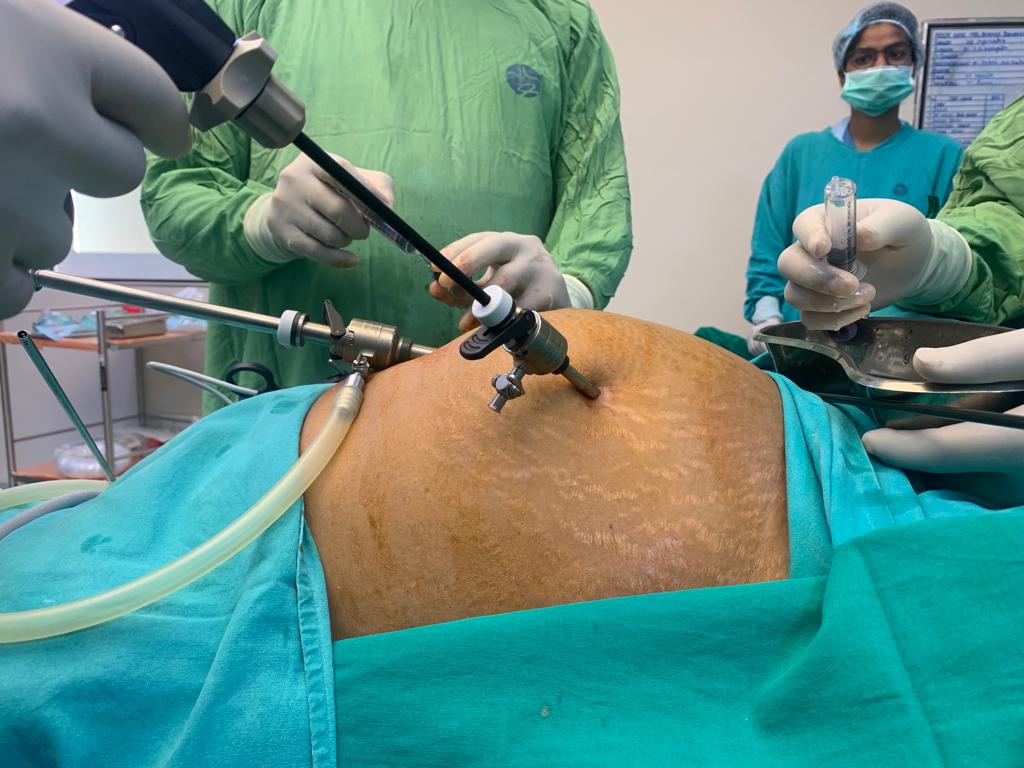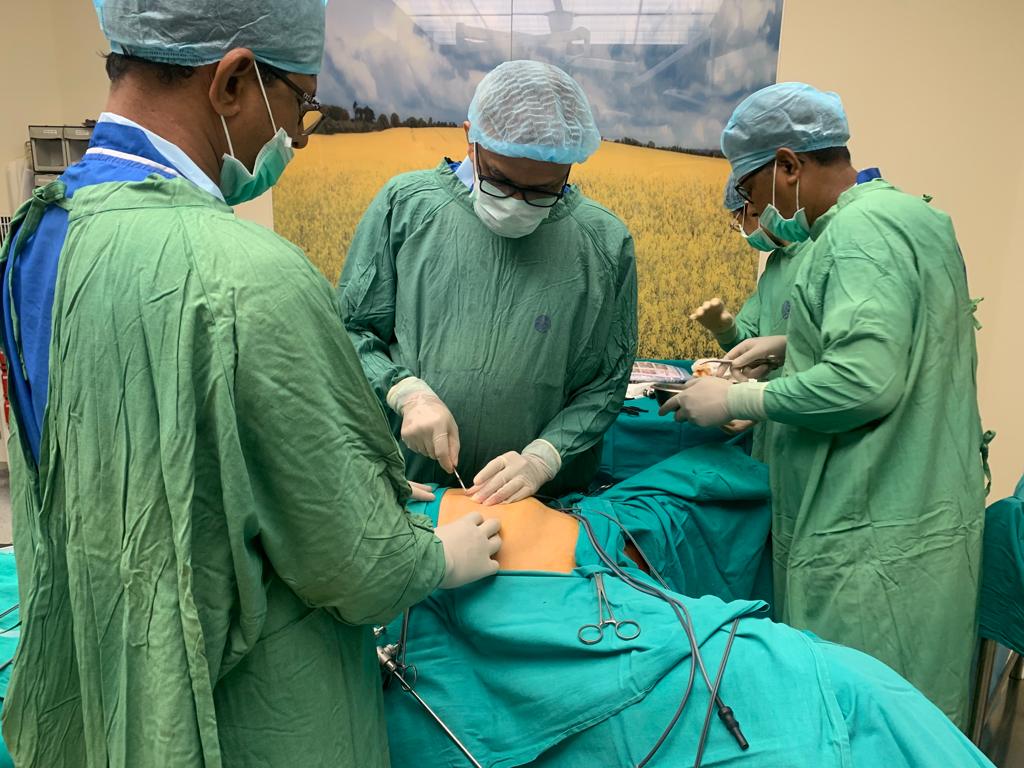
Is Endometriosis Fatal? Everything You Must Know
Endometriosis happens when the endometrium tissues grow in areas such as the abdomen, ovaries, and bowel instead of the uterus. It results in heavy bleeding, excruciating cramps, and other stomach issues. Sometimes, endometriosis paves the way for medical conditions that can turn fatal if not treated. The following write-up specifies a few of them in detail.
Ectopic Pregnancy
According to the best obstetrician in Kolkata, ectopic pregnancies occur when a fertilized egg implants itself outside your uterus, specifically in the fallopian tube. This forces the fallopian tube to break causing internal bleeding. Women diagnosed with endometriosis are more likely to have an ectopic pregnancy.
Symptoms of ectopic pregnancies are abnormal vaginal bleeding, backache, pain on one side of the pelvic area.
Having endometriosis does not necessarily mean your tissues will grow inside the fallopian tubes or bowel. But this disease unfortunately puts you at risk.

Small Bowel Obstruction
Endometriosis is a serious disease. It can force the uterine tissues to grow inside the intestines. In a couple of rare cases, the tissues cause scarring and bleeding that then leads to intestine blockage or intestinal obstruction.
The best obstetrician in Kolkata said if you have small bowel obstruction, you will experience nausea, stomach pain, and difficulty passing stool or gas.
When left untreated, this condition can build up immense pressure, resulting in bowel perforation – a hole develops inside the bowel. Small bowel obstruction also prevents blood from reaching the intestines. Both are fatal.
When Should I Visit a Doctor?
Visit a doctor if you notice the following –
- Spotting or bleeding in between periods
- Inability to conceive even after having unprotected sex for a year
- Painful menstruation
- Painful sex
- Unexplained stomach problems that worsen during periods
You can treat endometriosis with a combination of medication, home remedies, and surgery. Treatments generally depend on how severe the symptoms are.
Your doctor can recommend NSAIDs (nonsteroidal anti-inflammatory drugs) to reduce swelling and pain. Birth control pills can also help. Surgery is performed to remove the endometrium tissues but there is a high chance that they would come back. Hysterectomy or removal of uterus, fallopian tubes, and ovaries is the only option for women suffering from intolerable pain. Acupuncture, vitamin supplements, herbal supplements, etc. can also eliminate the discomfort associated with endometriosis.